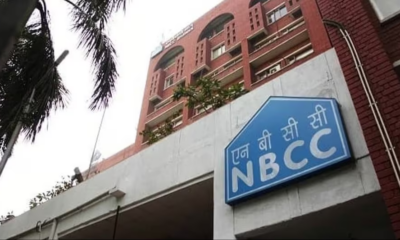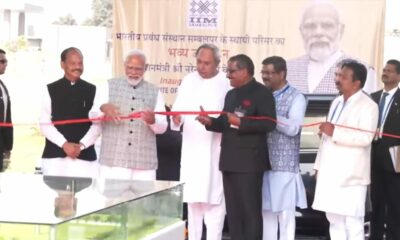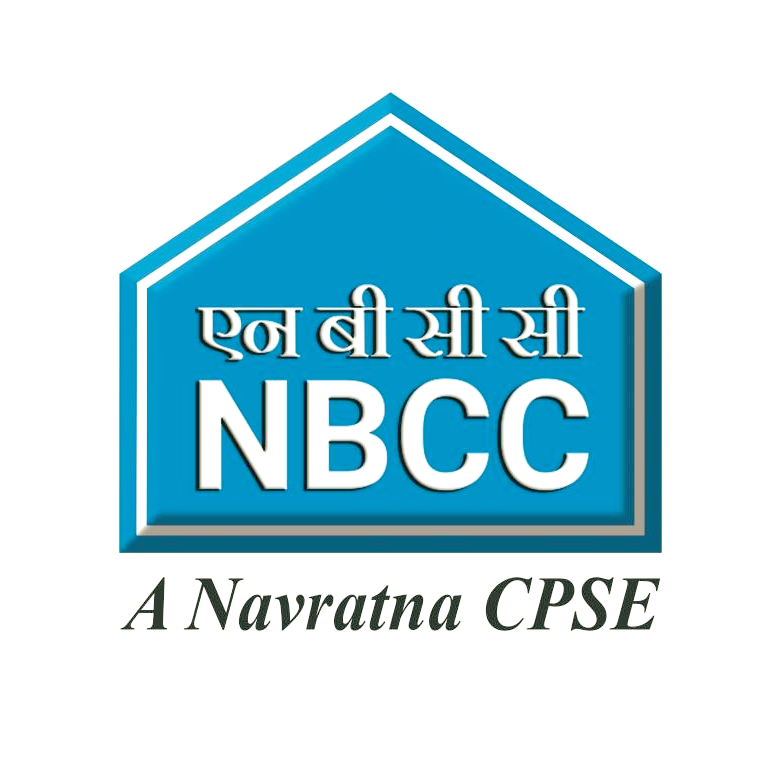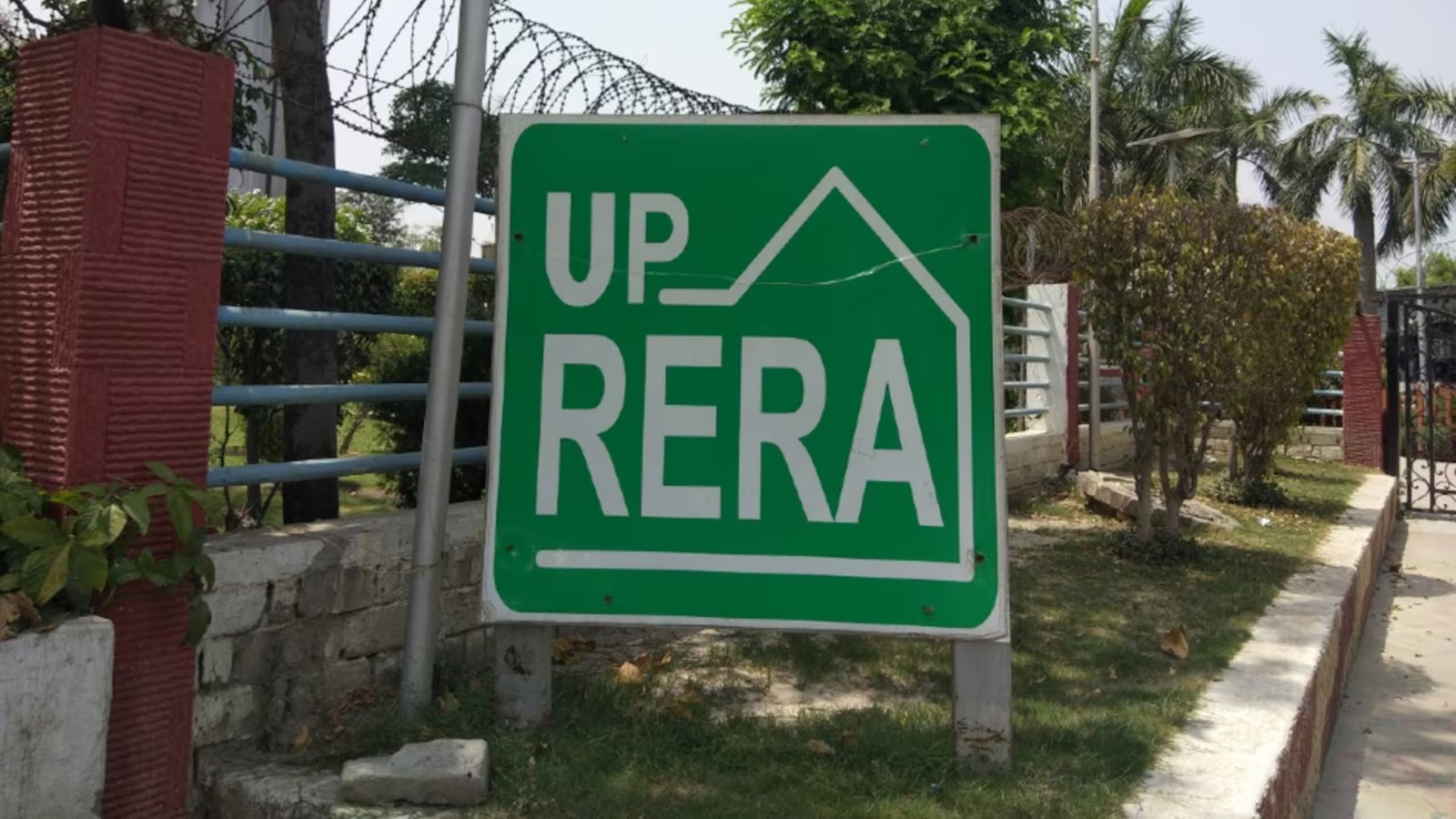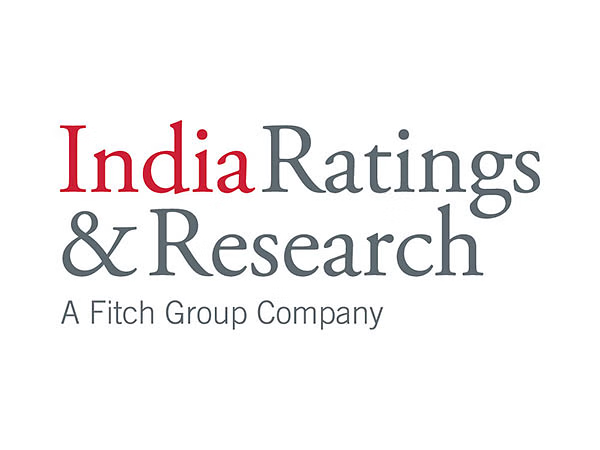Guest Column
GRIHA launches CITIES rating at the inaugural of the 10th GRIHA Summit
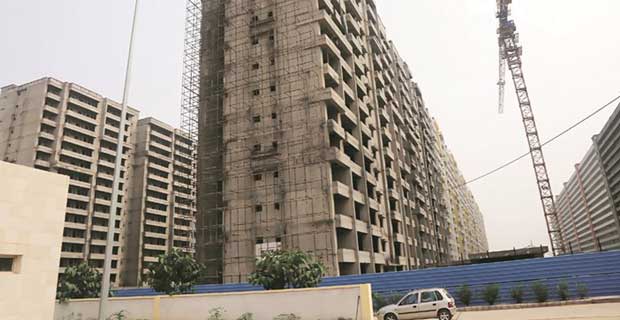

- Council focuses efforts towards building green cities
- Signs two MoUs with Global Association for Corporate Services (GCAS) & with Public Works Department (PWD), Govt of Maharashtra
New Delhi, December 11, 2018: Continuing the legacy of building a sustainable green future, Green Rating for Integrated Habitat Assessment (GRIHA) Council kicked-off the 10th GRIHA Summit today by launching GRIHA for CITIES rating, in the presence of Ms. Harinder Sidhu, Australian High Commissioner to India, Prof. Ian Jacobs, President and Vice‑Chancellor, University of New South Wales (UNSW), Sydney, Australia, and many other dignitaries. The GRIHA for CITIES rating has been structured as a framework for sustainable development of a city, to be achieved by measuring ‘greenness’ of existing as well as proposed cities. The rating sets performance benchmarks for key resources such as energy, water, and waste, and evaluates performance in areas such as smart governance, social wellbeing, and transportation.
On the side-lines of the inaugural, GRIHA signed two Memorandum of Understanding (MoUs); one with Global Association for Corporate Services (GACS) on training and awareness on green buildings and the second with Public Works Department (PWD), Govt. of Maharashtra, on green rating for 1608 existing buildings in Maharashtra.
During his welcome speech, Dr. Ajay Mathur, DG, TERI, said, “India and Australia are the two countries which share the same climate. But Australia is the only country with the similar climate that has an active energy-efficiency programme. This, therefore, provides a huge amount of potential for collaborative learning as India moves to a future where we see a lot more planned habitats and air-conditioned buildings.”
Ms. Harinder Sidhu, Australian High Commissioner to India, said, “Making cities sustainable is imperative, and government and community collaboration is essential to make that happen. Government has an important role, but it needs the combined effort of the private sector and the academia. Research institutions, such as UNSW and GRIHA Council, help in connecting and incentivising government to make the enormous contribution to this goal of sustainable urban future.”
During the event, GRIHA Council released its vision statement, which reads, “We at GRIHA Council, stand for credibility, integrity, and inclusiveness, while upholding Indian ethos for future-ready, and sustainable habitat.” GRIHA also launched their revamped website which aims to serve as a knowledge-repository for its customers.
Prof. Ian Jacobs, President and Vice‑Chancellor, University of New South Wales (UNSW), said, “India’s commitment to green buildings and renewable energy is to be applauded. UNSW shares the view that the government and research institutions are natural partners. So, the 2018 GRIHA Summit theme, ‘Fostering partnerships for sustainable habitat’, aligned in seeking out partnerships to maximise our impact on the communities we serve. I am also delighted that the joint research that UNSW, TERI and GRIHA do together on energy, waste water treatment, intelligent transport systems and sustainable housing will have tangible applications going with it.”
Speaking on the occasion, Mr. Sanjay Seth, CEO, GRIHA Council, said, “The 10th GRIHA Summit shall serve as a dynamic platform for industry partners, design practitioners, academia, policy makers, multi-lateral & bi-lateral partners and other stakeholders to collaborate, deliberate on and share collective knowledge on innovative and indigenous solutions to promote sustainability through meaningful partnerships.”
In the past, the GRIHA Summit has played host to various technical sessions on sustainable building policies, tools & techniques and exhibitions showcasing sustainable building materials, construction practices and technologies. GRIHA has been recognised as an effective tool to evaluate the environmental performance of a building holistically over its entire lifecycle based on quantitative and qualitative criteria. It seeks to minimise resource consumption, waste generation and overall ecological/environmental impact of buildings and habitats.
-



 News3 weeks ago
News3 weeks agoKW Delhi 6 Mall Onboards New Brands
-



 News4 weeks ago
News4 weeks agoManasum Senior Living Launches IKIGAI GOA, A Senior Living Community in North Goa, in collaboration with Prescon Homes
-



 News2 weeks ago
News2 weeks agoGodrej Properties Sells Rs 3k cr+ Homes of Godrej Zenith, Gurugram, within 3 days
-



 News4 weeks ago
News4 weeks agoBridging India Divide: Top 5 Tier- 2 Cities to Focus On
-



 News3 weeks ago
News3 weeks agoCommercial Realty Gets Tech Savvy: Fast Construction, Enhanced Convenience
-



 News4 weeks ago
News4 weeks agoMultipoint Connection – A Definite Boon
-



 News3 weeks ago
News3 weeks agoRBI’s Status Quo on Key Policy Rates to Help Maintain the Real Estate Growth Momentum, Say Industry Stalwarts
-



 News1 week ago
News1 week agoOlive Announces Dhruv Kalro as Co-Founder







